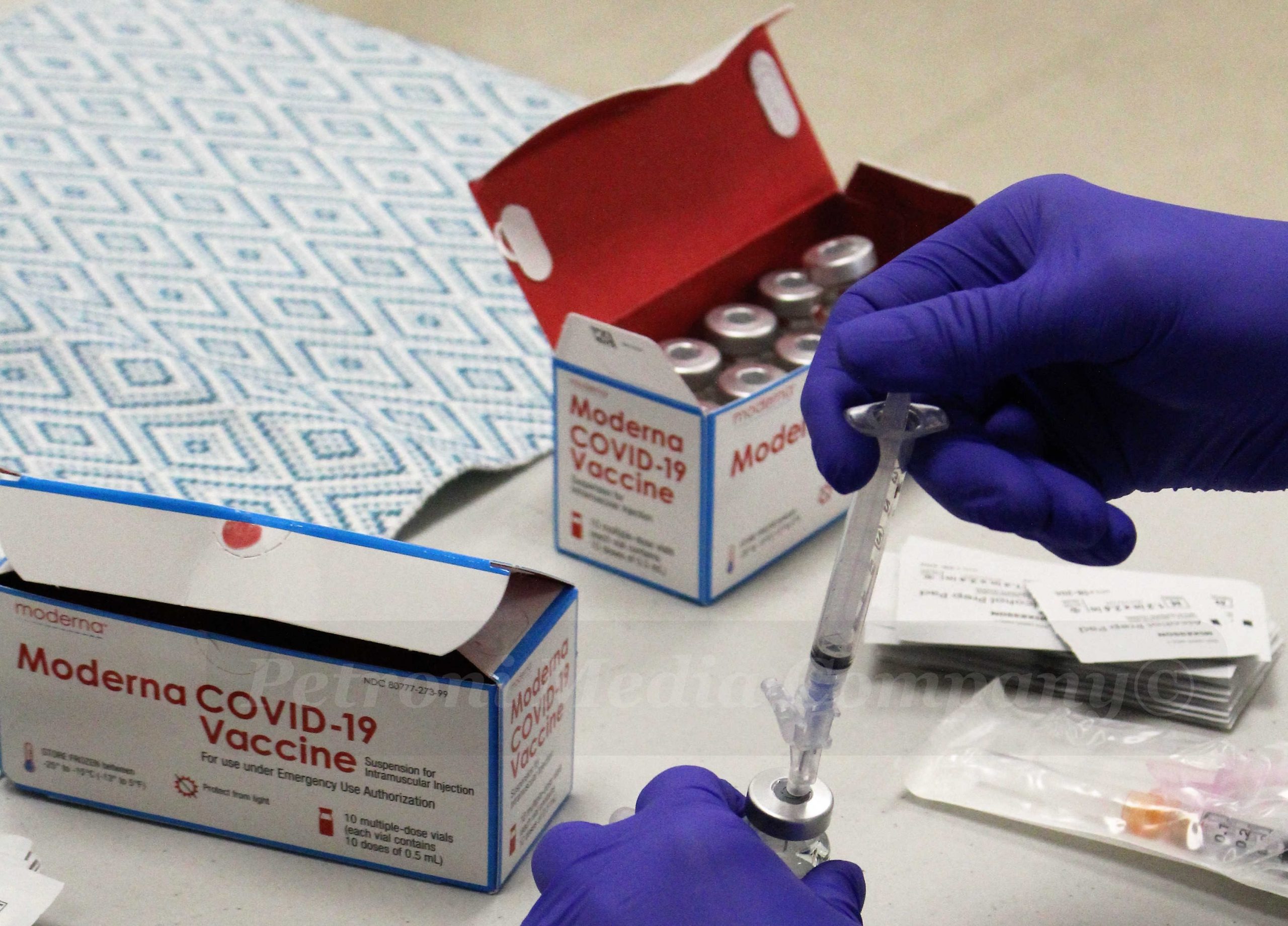The following is a press release submitted to SOURCE media through its business wire service
***

FRAMINGHAM – Rave Mobile Safety (Rave), a Framingham-based communication and collaboration platform customers count on when it matters most, this week announced the findings of its 2021 Emergency Communication and Public Safety Trust Survey, which showed a general lack of trust in information the public receives from local officials and a lack of confidence in states’ abilities to successfully distribute the coronavirus vaccine.
Public safety has taken on new meaning in 2021 as local officials and first responders alike are tasked with informing, protecting and responding to residents not just about issues related to the pandemic, but also the everyday emergencies that continue to occur.
To understand some of the emergency communication challenges facing state and local agencies, Rave Mobile Safety partnered with independent research firm Researchscape to field a national survey of more than 1,000 American adults in late 2020 and early 2021.
[broadstreet zone=”59947″]
Among the key findings of the survey are:
- Only 22% of respondents completely trust the information they receive from local officials.
- First responders are more trusted than local officials: 62% of respondents completely trust information from firefighters and 59% completely trust paramedics/EMTs.
- That level of trust drops for police, with 33% of respondents saying they completely trust information they receive from police, but is still higher than trust in local officials.
- Only 37% of respondents say they are completely confident or very confident in their state’s ability to successfully distribute the vaccine.
- Text and phone alerts from local officials are among the most trusted sources of information: 77% of respondents completely trust or somewhat trust those direct alerts.
- There is an overwhelming willingness to provide personal data that would aid 9-1-1 response. More than 85% of respondents say they are very or somewhat willing to provide background about themselves and their families—like medical history and addresses—to first responders if it would aid in a variety of emergencies.
[broadstreet zone=”59946″]
Trust in coronavirus guidelines and vaccine rollout
Only about a third of respondents (31%) say they completely trust updates from local officials about the coronavirus. While multiple factors contribute to that lack of trust, respondents are most likely to say it is because they don’t trust the facts local officials use to make their recommendations (57%), the recommendations and guidance change too frequently (54%) and that local officials exaggerate the severity of the situation (44%).
The survey also reveals most respondents lack solid knowledge of their state’s plan for vaccine rollout—even as it is already underway:
- Only 38% of respondents rate their knowledge of their state’s plan for vaccine rollout as excellent or good, and there is a near-even split between those who heard about vaccine rollout in their state (53%) and those who have not (47%).
- 75% of respondents have some level of confusion about where they fall in their state’s vaccination plans, and only 25% of respondents know exactly where they fall in their state’s rollout.
As public officials continue to communicate with residents on COVID-19 guidelines and vaccine distribution, direct alerts via phone calls and texts to residents emerge as the most trusted way to receive information from local officials: 34% of respondents say that receiving updates the way they choose, like via text, email or phone call, would increase their level of trust.
[broadstreet zone=”59984″]
Return to public spaces brings safety concerns
With vaccination planned for the general population this summer, a return to gatherings brings safety concerns with it in the latter half of 2021. Most respondents are either very or somewhat concerned about acts of violence as they return to congregating in public spaces.
Public events like concerts and festivals, and locations such as malls and shopping centers, schools and universities are where respondents are most concerned about violence, with 75% or more very and somewhat concerned about acts of violence in each of those places. Schools and universities are among the places where respondents are concerned about acts of violence—which may signal a shift in focus back to school safety as students return to classrooms on a more regular basis later this year.
For more details on these findings, please download the complete 2021 Emergency Communication and Public Safety Trust Survey here.
Methodology
This survey was conducted by the independent research firm Researchscape. Respondents were 1,011 individuals aged 18 and above living in the United States. Responses were collected in late December 2020 and early January 2021.

***
Rave Mobile Safety is the leading provider of critical communication and collaboration technology used to save lives, manage crisis incidents and increase resiliency. From major disasters and crisis events to everyday emergencies and operational incidents, the Rave platform enables critical data sharing, mass notification and emergency response coordination. Over 8,000 first responder, emergency management, 9-1-1, and federal, state and local agencies—as well as corporations, healthcare organizations, universities and schools—all rely on Rave to prepare better, respond faster, recover quicker and mitigate anticipated critical incidents. Founded in 2004, Rave’s award-winning software solutions are backed by leading growth equity firm TCV. The company’s headquarters is in Framingham.

